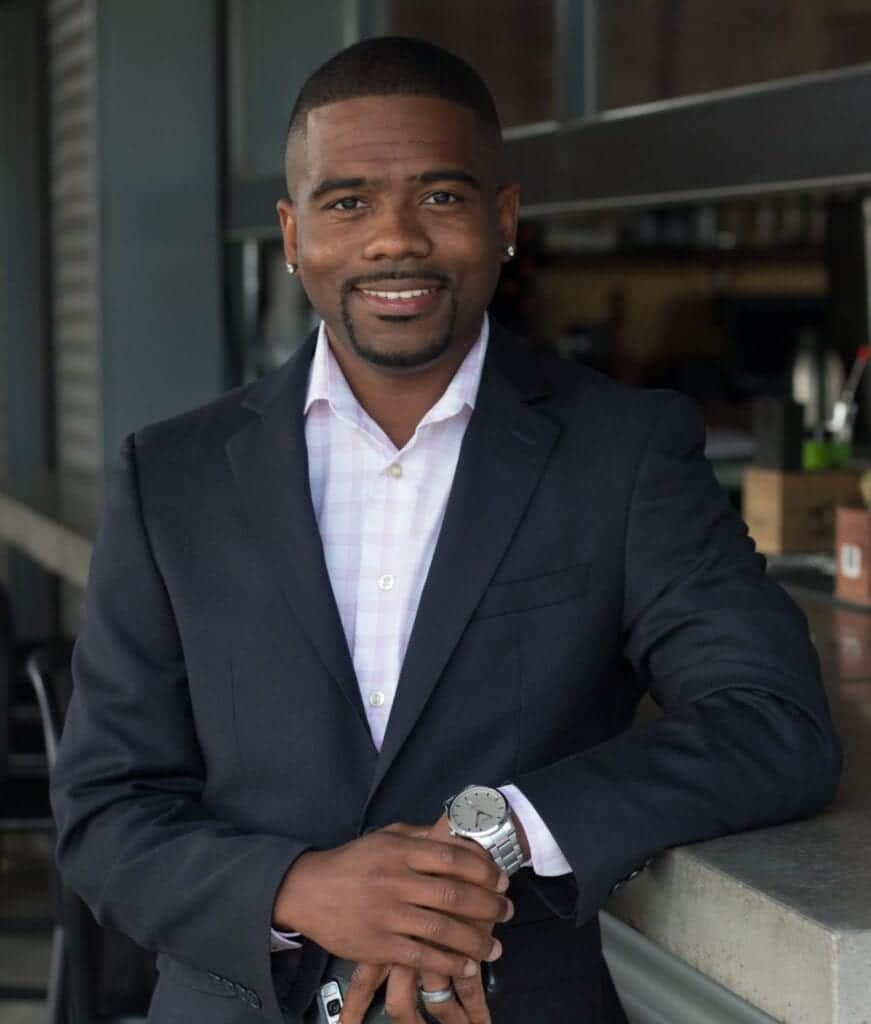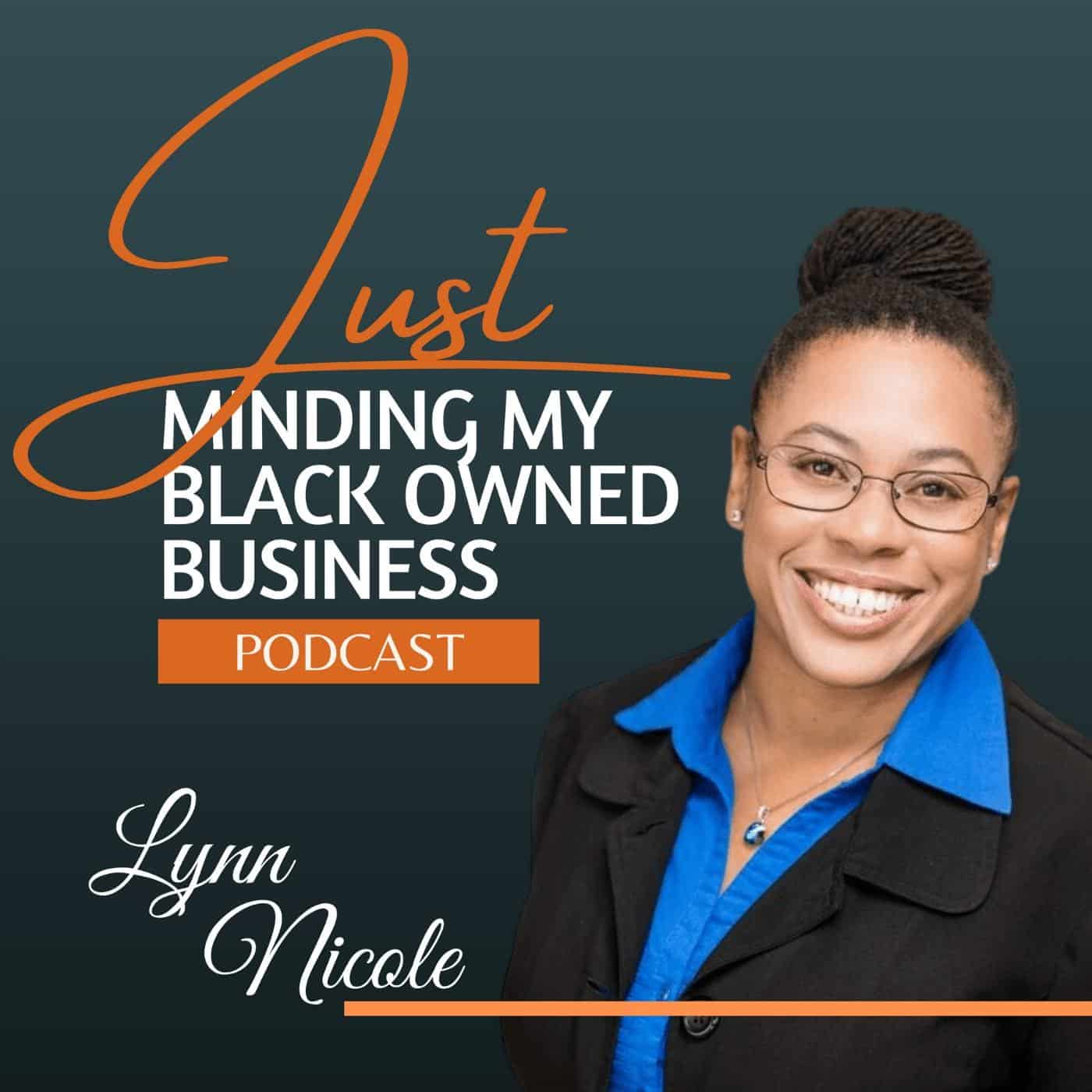Here’s a snapshot of a few things we talked about…
- Where Did Business Come from for Him [00:01:20]
- Did His Parents Want Him to Pursue Sports? [00:03:22]
- Why Did He Decide to Leave Investment Banking? [00:05:01]
- How His Parents Reacted When He Decided to Pursue His Dreams [00:06:50]
- His Plan of Action After Leaving His Job [00:08:28]
- Where Did the Dream of Calaxy Come From? [00:09:45]
- How Did He Start Working with Spencer Dinwiddie? [00:13:54]
- How to Approach Potential Investors to Have Them Work with You [00:15:39]
- How Does Blockchain Work? [00:17:30]
- How He was Able to Secure $7.5 Million Dollars in Funding? [00:20:21]
- How Did He Really Understand The Concept and The Power Of Raising Capital [00:23:53]
- How to Raise Capital for Start Ups? [00:26:02]
- Does He Involve Family and Friends in the Investments? [00:31:14]
- What is His Vision for Calaxy in the Next Three Years? [00:34:16]
- How Has He Benefitted from Having Mentors and Being in Founder’s Networks? [00:39:37]
- One Thing He Wishes He Had Implemented Sooner to Accelerate His Journey? [00:41:44]
In This Episode You’ll Learn:
In this episode, Casanova and Solo talk about Calaxy, an initiative to help athletes, creators and influencers monetize themselves and their likeness with social tokens, as well as other features.
Solo says that he always had an entrepreneurial mindset, while growing up as a West African in the US. Going to Penn State University not only gave him an opportunity to play Division One football, but also excel academically.
Solo created a network of mentors around him at the university, that helped educate him on the different types of careers, and things he knew nothing about. Later on, he worked as an investment banker on Wall Street for four years.
He ended up leaving that position, as he stopped enjoying that kind of work, and the lack of creative freedom it entailed. While transitioning to starting the new venture, his parents were supportive and excited for him.
Solo says that working at Wall Street taught him how to be resilient, resourceful, and how to connect with people, in order to achieve a common goal. While he was there, he was already using his leisure time to work on Calaxy.
Working with his co-founders Spencer Dinwiddie, they brought the vision of Calaxy to life, using their knowledge and expertise from their respective fields to a life that they knew a lot about. This initiative was meant to give creators the control over their likeness.
They started by tokenizing Spencer’s NBA contract and securitized it. As Solo was previously a securitization investment banker, and that was his area of focus. They took it and applied it to the entertainment industry. Calaxy offers creators an opportunity to monetize their time, sell their NFTs and digital collectibles, and much more.
Solo adds that the idea of Calaxy came from Spencer wanting to democratize his presence. For them, it has been very key building something that would be palatable, especially when you add the complexities that come with blockchain, it needs to be something that could be well received by the intended audience.
Solo then talks about blockchain, as a decentralized ledger of all transactions across a peer-to-peer network. Using this technology, participants can confirm transactions without a need for a central clearing authority.
Talking about how they were able to secure investment, Solo says that securitization itself as a proof-of-concept point that like there’s something, was helpful to get the investment community behind them. He adds that a lot of it had to do with the authenticity of their story.
Solo adds that their project has received support from both the influencers as well as the crypto community. One of the first crypto projects that the average person might actually understand, like people understand influencers, people understand social media, people understand now monetizing your time.
He says that when you’re able to find yourself at an interest rate that makes sense, you could have massive wealth creation. He adds that one of the biggest hurdles that they ever faced was getting people to believe the vision. Like how do you get the world of like being able to tokenize a person?
Solo says that if you can find a way to for your intended audience to hear the information that you want and receive it in the way that they can understand it, you’ll go far. He says that next market is going to be NFTs, tokenizing people and the intertwining of the two.
Solo adds that it’s a tough balance to really raise capital and raise as much as possible, but at the same time, not really dig too much in your own pockets or your friends and family’s pockets. He further says that for the people who decide to invest, all the docs that they have are very upfront and clear that this is a speculative investment.
Talking about the future of Calaxy, Solo says that they want to be synonymous with the idea of personal monetization, be the standard, and be the Vanguard, as well as demystifying blockchain and applying it in a way that it made sense and was really cool to the average person.
Solo feels blessed that he has had great mentors throughout his entire adult life. He adds that they also benefited a lot from people wanting to look out for each other in the crypto community because they’re all pioneers in the space. He adds that leaving his job earlier, and taking that risk would have surely accelerated his journey.
Key Quotes:
- “When I was six years old and my dad told me you got to figure out what you want to be, cause that’s how African parents are…”
- “At a school like Penn and in the Ivy league, they always push for academic excellence as well as being strong division one athletes, and so a lot of my teammates ended up going down the path of working on Wall Street…”
- “I’m just a big proponent of like you want to make sure that what you’re spending most of your time doing, you’re enjoying…”
- “A lot of times just no matter who you are, you have parents that may not be as supportive because they think, not because they don’t want to be, but because they want what’s best for you. And what they think is best is what they think…”
- “I didn’t ever really think I would be a lifer in finance, but I knew that I wanted to get a certain skillset, go through a certain level of trial and tribulation in order to build the resilience to, to ultimately do something like this…”
- “What we thought about was a different way to allow creators, to monetize themselves in a way that they deserve to be monetized, allowing them to take control back out of the system…”
- “If you think about the entertainment industry at large people want to finance their lifestyle. Sometimes they’re taking hard money loans and they’re paying 20, 30% interest but if the capital markets are willing to lend to you at 4, 5, 3%, whatever it is, that’s a winning trade every single time…”
- “When the birth of Calaxy as it currently is structured, came to place and we’re a one-stop shop for creators to monetize themselves…”
- “It’s insurmountably important to be able to have a platform that makes sense and can be received to them, and so that’s, hence the reason why we think about we want to be mentioned in the conversation with the Cameos, the Patrons of the world…”
- “The beauty of ethos about blockchain technology is that the community in aggregate, is trying to be the ones that validate the transaction in aggregate…”
- “I think that authenticity factor is what allowed people to be like, okay, like these guys are actually building something that they know intimately about…”
- “So, when you realize that we, as a community are more powerful than any centralized entity, it’s a very powerful message…”
- “We all together were able to paint a vision, that was able to take the dream that we had and, and really run with it and make it something that is tangible…”
- “In terms of raising capital at this point in time we finding that extra yield create that wealth creation that extra return on an investment at this point in time, you got to take that risk just right now, based off of where rates are…”
- “As a founder and you know, anybody, that’s a founder that they’re validating point is I believe in your idea, that’s worth more to me from somebody that I know then than investment dollars, on some days…”
- “If we could be known as those guys that help change the way that we think, and you start changing a generation, the way that people live their lives, ultimately more impactful than any amount of dollars and zeros…”
- “So, we have great partners and the whole, the whole network there is just, how can we work better together, better together versus working against each other or better separately…”
Links/Resources:
- https://www.calaxy.com/
- https://www.linkedin.com/in/solo-ceesay-9b2a258a
- https://www.instagram.com/solo.ceesay/
- https://twitter.com/soloceesay
Help us out?
If you enjoy our podcast, please head over to Apple Podcasts and leave us a 5-star review. By doing so, you enable us to reach more people.







